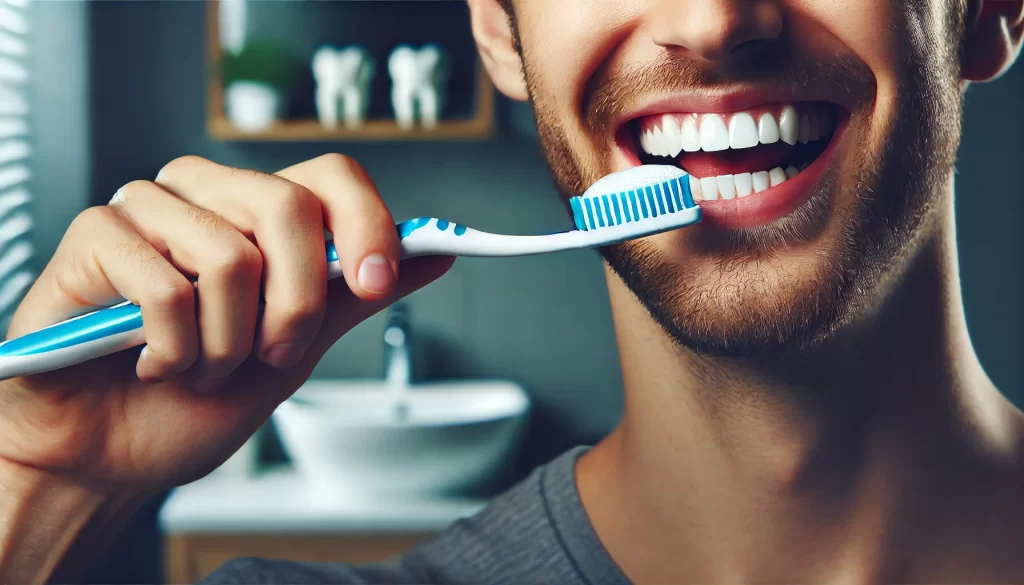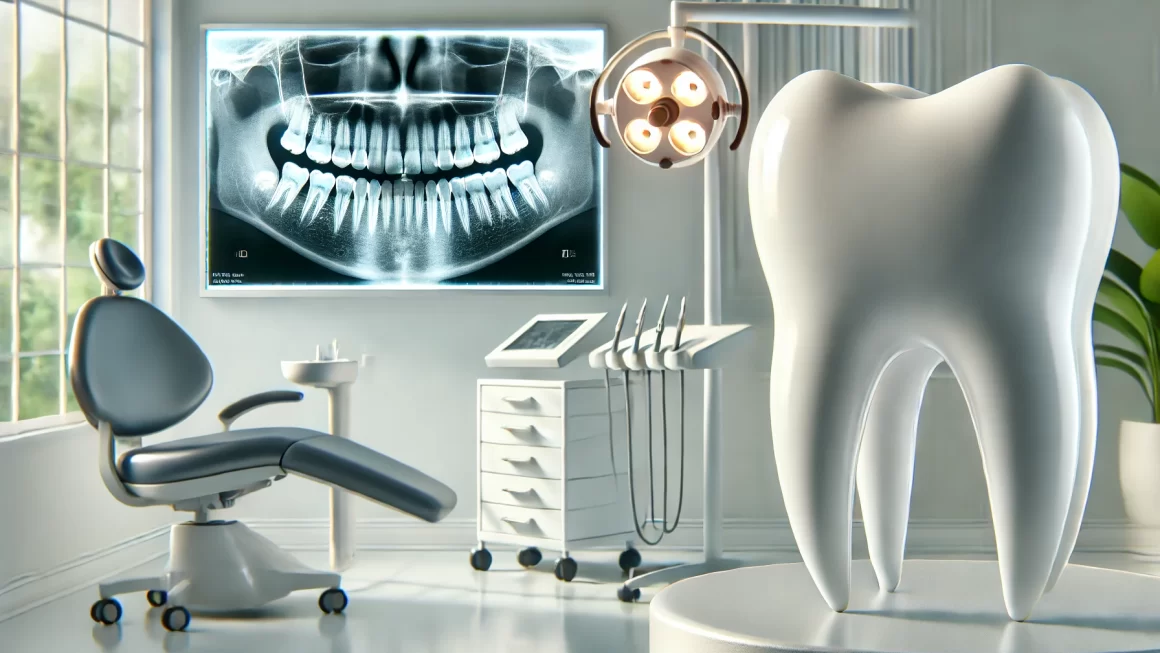Wisdom teeth, also known as third molars, are often a source of concern and confusion. “Can you keep your wisdom teeth?” is a query that a lot of people have as they get closer to their late teens or early 20s. These teeth usually emerge between the ages of 17 and 25, but not everyone experiences issues with them. So, what’s the honest answer? In this article, we will explore whether you can keep your wisdom teeth, the factors that influence this decision, and what you need to know to make the best choice for your oral health.
What Are Wisdom Teeth and Why Do They Matter?

Wisdom teeth are the last set of molars at the very back of your mouth. They are called “wisdom” teeth because they typically come in when you are older, presumably wiser. For some, wisdom teeth cause no problems and fit perfectly into their dental structure. For others, these teeth can lead to serious dental issues if not appropriately managed. Can you keep your wisdom teeth if they cause no problems? That’s something we will explore.
The Role of Wisdom Teeth in Your Mouth
Wisdom teeth were helpful to our ancestors, who needed the extra molars to chew tough, raw foods. However, as our diets and dental care have evolved, these extra teeth have become less necessary. Modern human jaws are often too small to accommodate wisdom teeth, leading to complications. So, can you keep your wisdom teeth in today’s world? It depends on several factors.
Can You Keep Your Wisdom Teeth Without Problems?

The position of your wisdom teeth, the size of your jaw, and your general oral health all play a role in the question, “Can you keep your wisdom teeth?” Let’s dissect these components to learn more about whether you can keep your wisdom teeth.
Jaw Size and Wisdom Teeth Position
One of the most critical factors in determining whether you can keep your wisdom teeth is your jaw size. Your wisdom teeth may have room to grow correctly if your jaw is large enough. In this case, you might not need to remove them. However, if your jaw is too small, your wisdom teeth may become impacted, meaning they can’t fully emerge or align with your other teeth. So, can you keep your wisdom teeth if your jaw is small? This is a significant consideration.
Impacted Wisdom Teeth: What You Need to Know
Impacted wisdom teeth can cause many problems, including pain, swelling, and infection. They can also push against other teeth, causing misalignment or even damage. Removing your wisdom teeth to prevent further issues is generally recommended if they are impacted. But can you keep your wisdom teeth if they are only partially impacted? Your dentist is the best person to respond to this question.
The Risks of Keeping Your Wisdom Teeth
While some people can keep their wisdom teeth without issues, others may face significant risks if they own them. Understanding these risks is crucial in making an informed decision about keeping your wisdom teeth.
Potential for Infections and Decay
One of the most significant risks of keeping your wisdom teeth is the potential for infections. Wisdom teeth can be challenging to clean properly because they are so far back in your mouth, and this can lead to bacteria buildup, resulting in cavities or gum disease. This can spread to other mouth areas in severe cases, causing further complications. So, can you keep your wisdom teeth without risking infection? It’s something to consider carefully.
The Danger of Cysts and Tumors
Although rare, cysts and tumors can form around impacted wisdom teeth. These growths can damage the jawbone and surrounding teeth, leading to more severe health issues. Regular dental checkups are essential to monitor the condition of your wisdom teeth and catch any problems early. “Can you keep your wisdom teeth to prevent these dangers?” may be on your mind. Regular dental care is critical.
When Should You Consider Removing Your Wisdom Teeth?
Even if your wisdom teeth aren’t causing any immediate problems, there are situations where removal might be the best option. Let’s explore some scenarios where it might be wise to part with these extra molars.
Symptoms That Signal It’s Time to Remove Your Wisdom Teeth
If you experience pain, swelling, or difficulty opening your mouth, it could be a sign that your wisdom teeth must be removed. Other symptoms include:
- Bad breath.
- An unpleasant taste in your mouth.
- Noticing that your other teeth are shifting position.
These signs indicate that your wisdom teeth are causing problems and should be evaluated by a dentist. In such cases, the question isn’t “Can you keep your wisdom teeth?” but rather “When should you remove them?”
Preventive Removal: Is It Worth It?
Some dentists recommend removing wisdom teeth before they cause any issues, especially if X-rays show they are likely to become impacted. Preventive removal can help you avoid pain and complications later on. However, weighing the risks and benefits with your dentist is essential to make the right choice for your situation. So, can you keep your wisdom teeth as a preventive measure? Your dentist will help you decide.
Also Read: Can You Fly with a Perforated Eardrum? Shocking Truth Revealed
How to Take Care of Your Wisdom Teeth If You Keep Them
If you decide to keep your wisdom teeth, taking good care of them is essential to avoid problems. Here are some tips on how to maintain healthy wisdom teeth.
Regular Dental Checkups
Regular visits to the dentist are crucial to monitor the health of your wisdom teeth. Your dentist can check for signs of decay, infection, or other issues and provide professional cleanings to keep your teeth in shape. Can you keep your wisdom teeth in good condition? Regular checkups are vital.
Proper Oral Hygiene
Brushing and flossing are even more critical if you keep your wisdom teeth. Be sure to brush twice daily, paying extra attention to the back of your mouth where your wisdom teeth are. Flossing is also essential to remove food particles and plaque between teeth and gums. Can you keep your wisdom teeth healthy with proper care? Absolutely, with the right habits.
So, can you keep your wisdom teeth? The answer depends on your unique situation. While some people can keep their wisdom teeth without any problems, others may face significant risks if they do. It’s essential to consult with your dentist, monitor the condition of your wisdom teeth, and make an informed decision based on your oral health needs. Whether you keep or remove your wisdom teeth, caring for your mouth will ensure a healthy smile for years.



